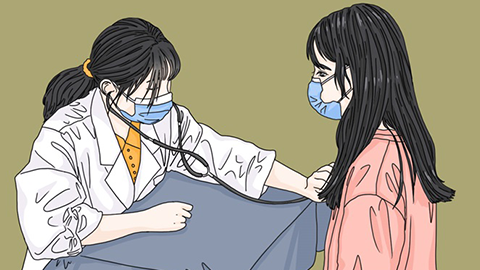What time should I stop eating the night before a physical examination?
Generally, it is not recommended to eat after 8 p.m. the night before a medical examination. You should remain fasting for 8-10 hours to avoid affecting the accuracy of certain test results. Most routine examinations require adherence to this timeframe, although slight adjustments may be made depending on specific examination items. Detailed explanations are as follows:

Tests such as blood glucose, blood lipids, and abdominal ultrasound have clear fasting requirements. Eating after 8 p.m. may cause fluctuations in blood glucose levels, causing fasting glucose results to deviate from true values. Fats in food can also affect blood lipid indicators, possibly leading to elevated triglycerides and total cholesterol levels. During abdominal ultrasound examinations, residual food in the gastrointestinal tract can cause bloating, which may interfere with clear visualization of abdominal organs such as the liver, gallbladder, and pancreas.
For dinner the night before your examination, it is recommended to eat light meals, avoiding greasy, spicy, or hard-to-digest foods. Overeating should also be avoided. Additionally, drinking large amounts of water before bedtime should be avoided to prevent frequent nighttime urination that may disturb sleep, or diluted urine that could interfere with routine urinalysis.




